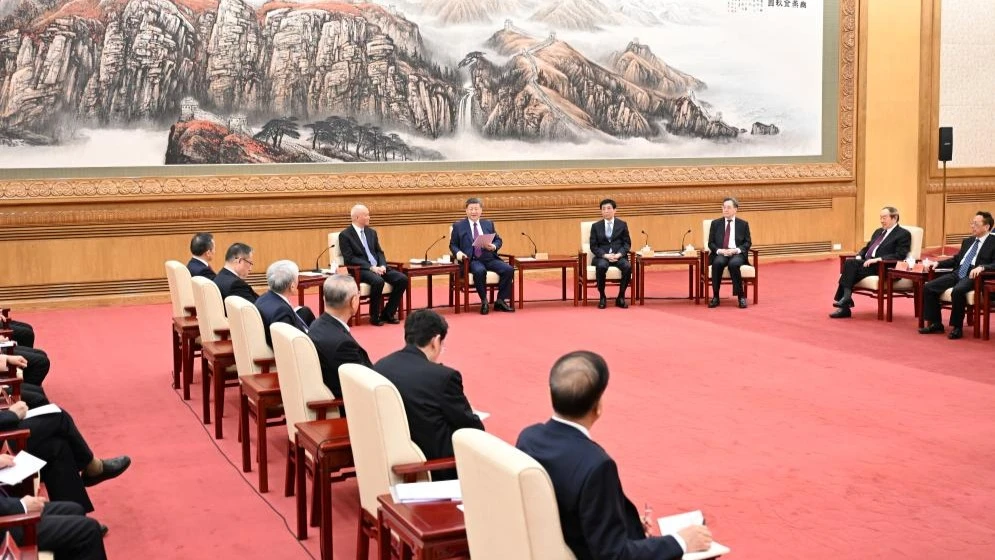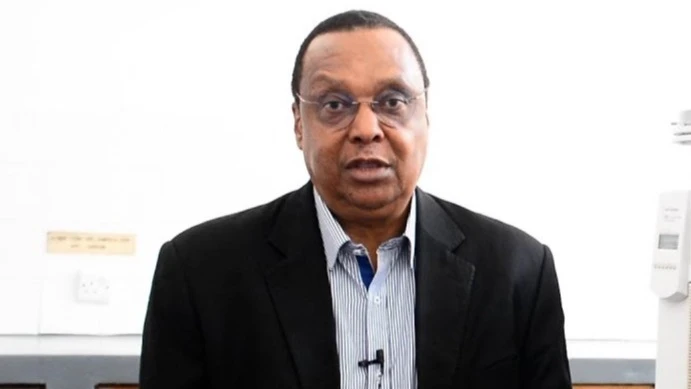Data Protection awareness gains momentum in Tanzania as advocacy groups call for policy reforms
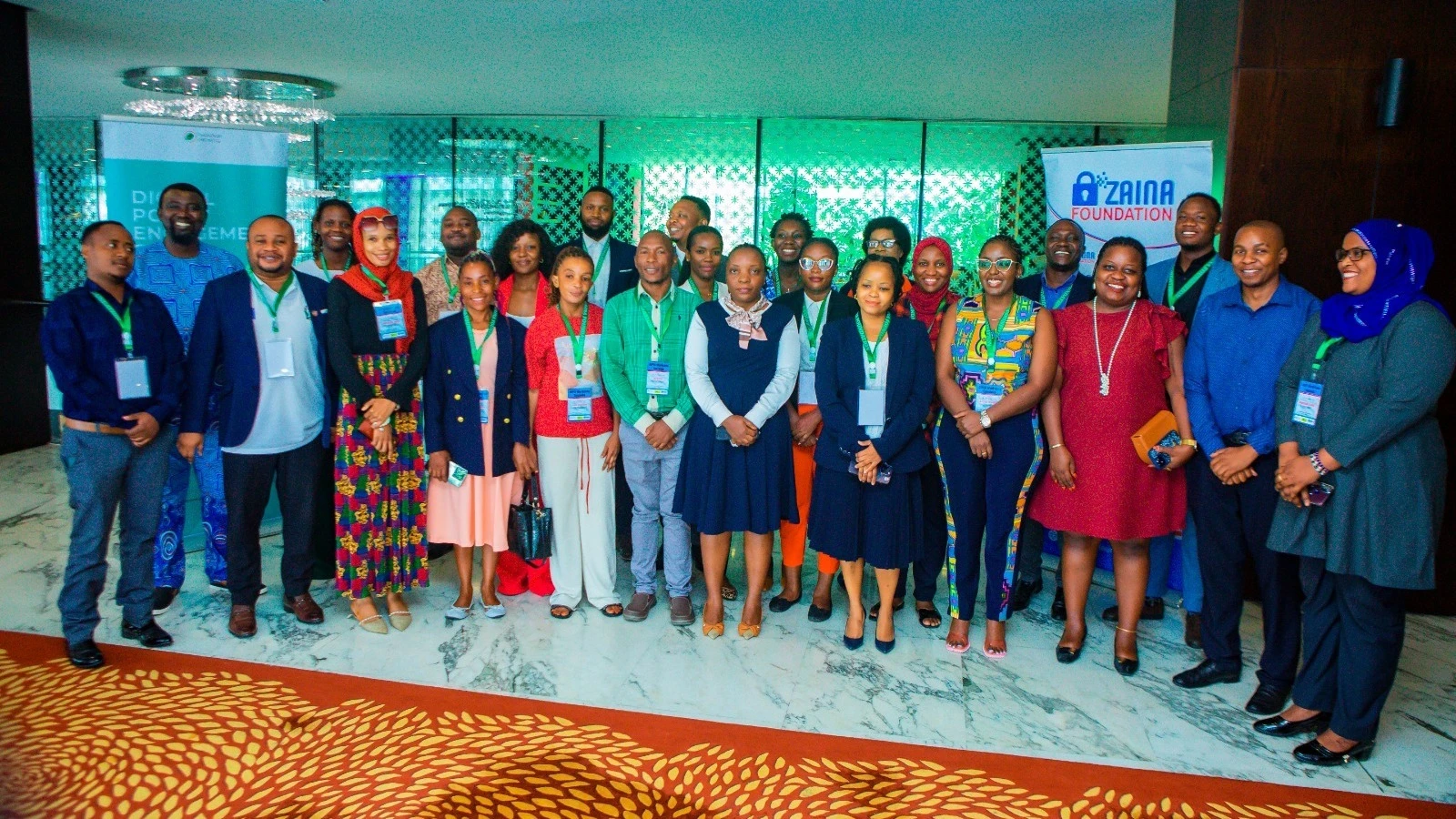
EFFORTS to raise awareness on Tanzania’s Data Protection Act of 2022 and its 2023 regulations have intensified following a joint initiative by Paradigm Initiative (PIN) and Zaina Foundation.
The two organizations have provided training to members of the Tanzania Digital Rights Coalition to familiarize them with the law's provisions and equip them with advocacy skills to push for policy reforms.
The training, held in Dar es Salaam recently aimed to improve participants' legal understanding and their ability to advocate for the law’s alignment with the country’s constitution and international standards.
Miriam Wanjiru, Programmes Officer at PIN, emphasized the need to address gaps in the Act, citing a recent High Court ruling that declared several sections unconstitutional.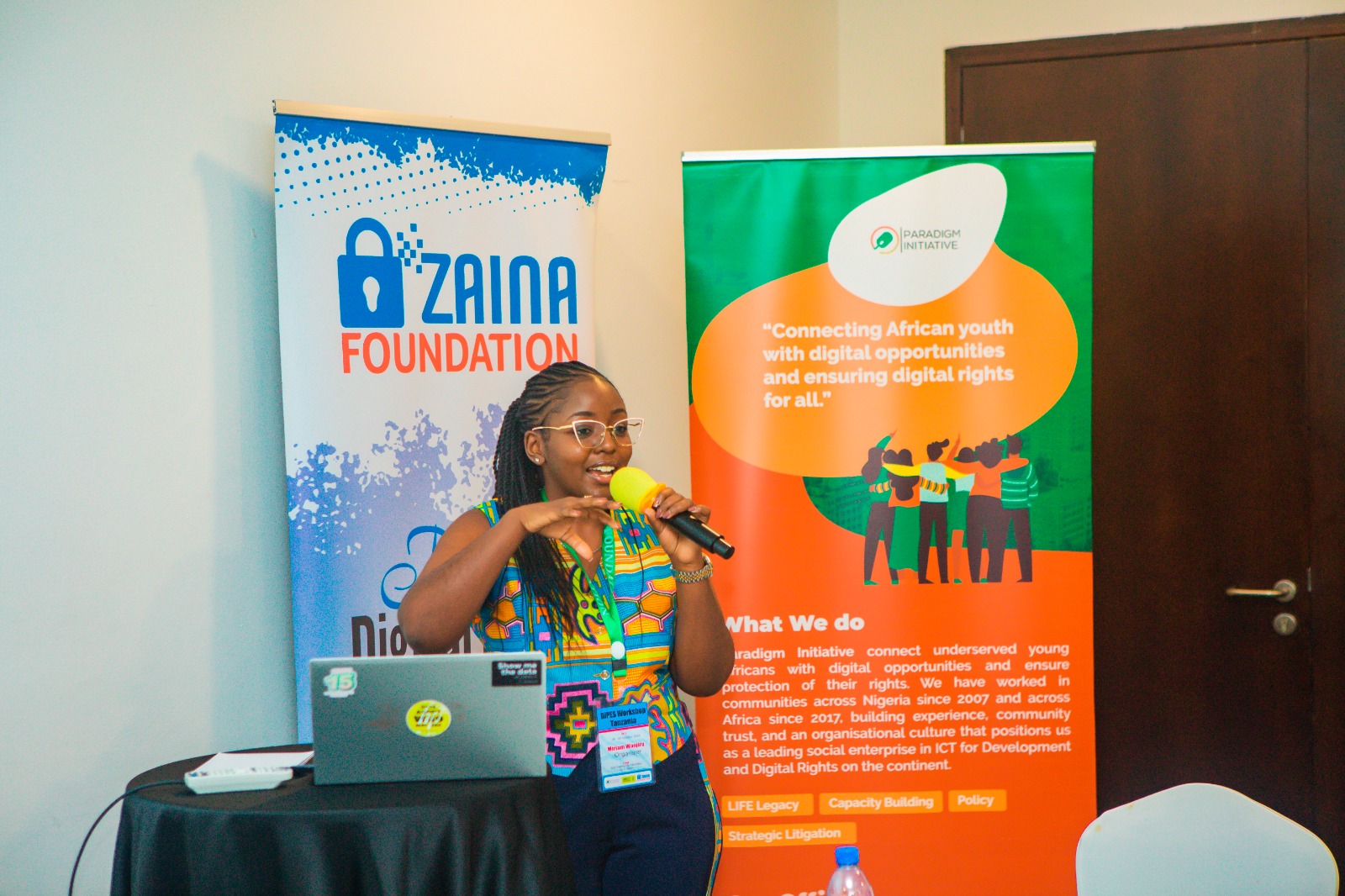
The court's decision highlighted concerns about data privacy protections and the potential for governmental overreach.
The case challenged various sections of the Act, including Sections 8, 11, 14, 19, 20, and others, arguing that they imposed excessive restrictions on the right to privacy and risked undermining basic freedoms.
One key issue was the significant authority granted to the Minister, who can overturn decisions made by the Personal Data Protection Commission, raising fears of political interference. Additionally, the law allows the Commission to review its own decisions, conflicting with principles of natural justice.
Wanjiru stressed the importance of having an independent and adequately funded Data Protection Commission, separate from government influence. “In today’s digital world, data is as valuable as gold or oil, and it must remain free from government control”, she added.
Despite the enactment of the data protection law, awareness levels remain low, with many organizations, particularly data processors and controllers, yet to comply with the new regulations.
Wanjiru noted that only a few of the 30 companies assessed had met the compliance requirements, highlighting the need for more public awareness on data protection issues.
“The rapid adoption of technology, combined with insufficient public education, has left many Tanzanians unprepared to protect themselves from cyber threats," she warned, emphasizimg that the Data Protection Commission plays a critical role in protecting individuals' privacy, ensuring transparency, and building public trust in the regulatory framework.
However, Wanjiru pointed out that the Tanzania Data Protection Commission has not yet released any reports since its inception in 2023, limiting public insight into how well organizations are adhering to data protection laws.
Gbenga Sesan, Executive Director of Paradigm Initiative, remarked on the significance of the recent meeting of the Tanzania Digital Rights Coalition. Participants, including civil society members, legal experts, and tech professionals, discussed the implications of the PDPA and the importance of ensuring it protects citizens’ privacy and digital rights. 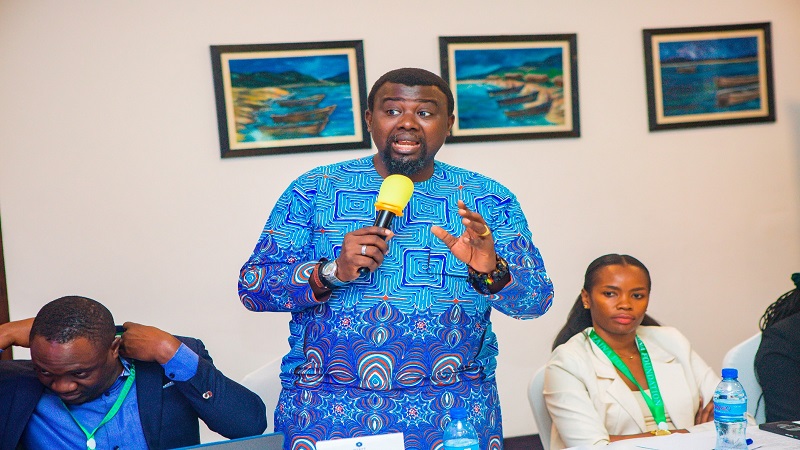
Zaituni Njovu, Executive Director of Zaina Foundation, emphasized the need for widespread public understanding of the PDPA, particularly in protecting individuals' privacy. Their outreach aims to reach over 10,000 women, both in urban and rural areas, to ensure they are informed about their rights under the law.
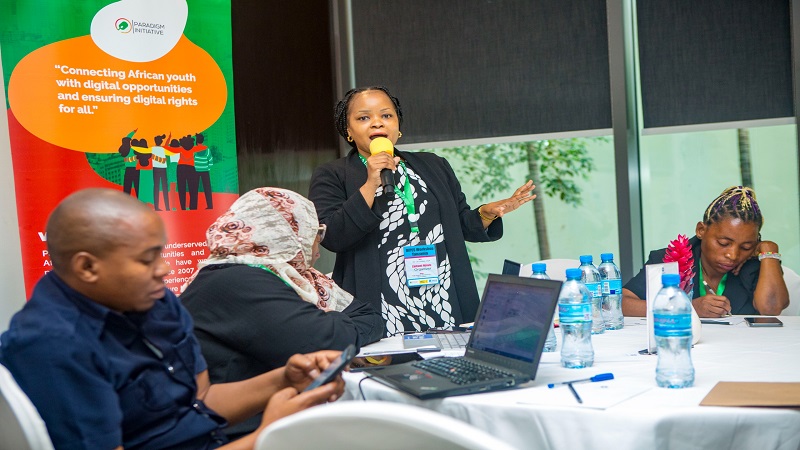
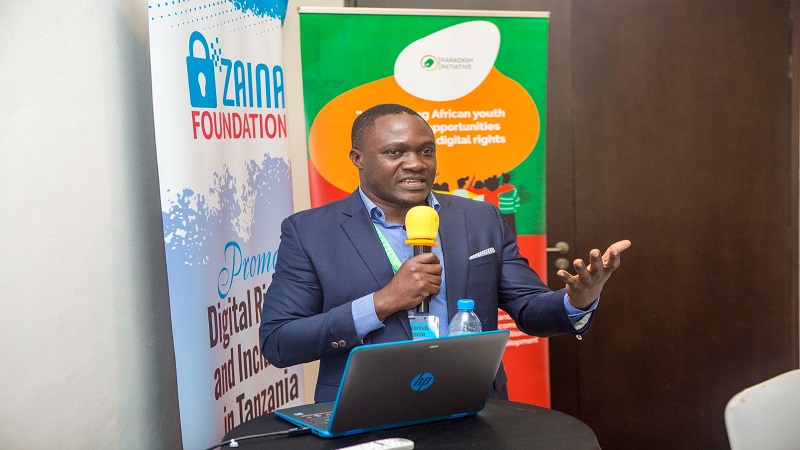
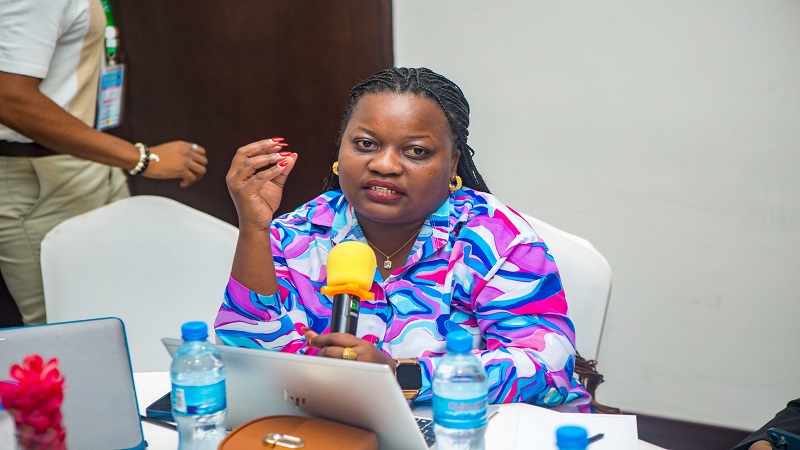
Top Headlines
© 2026 IPPMEDIA.COM. ALL RIGHTS RESERVED













